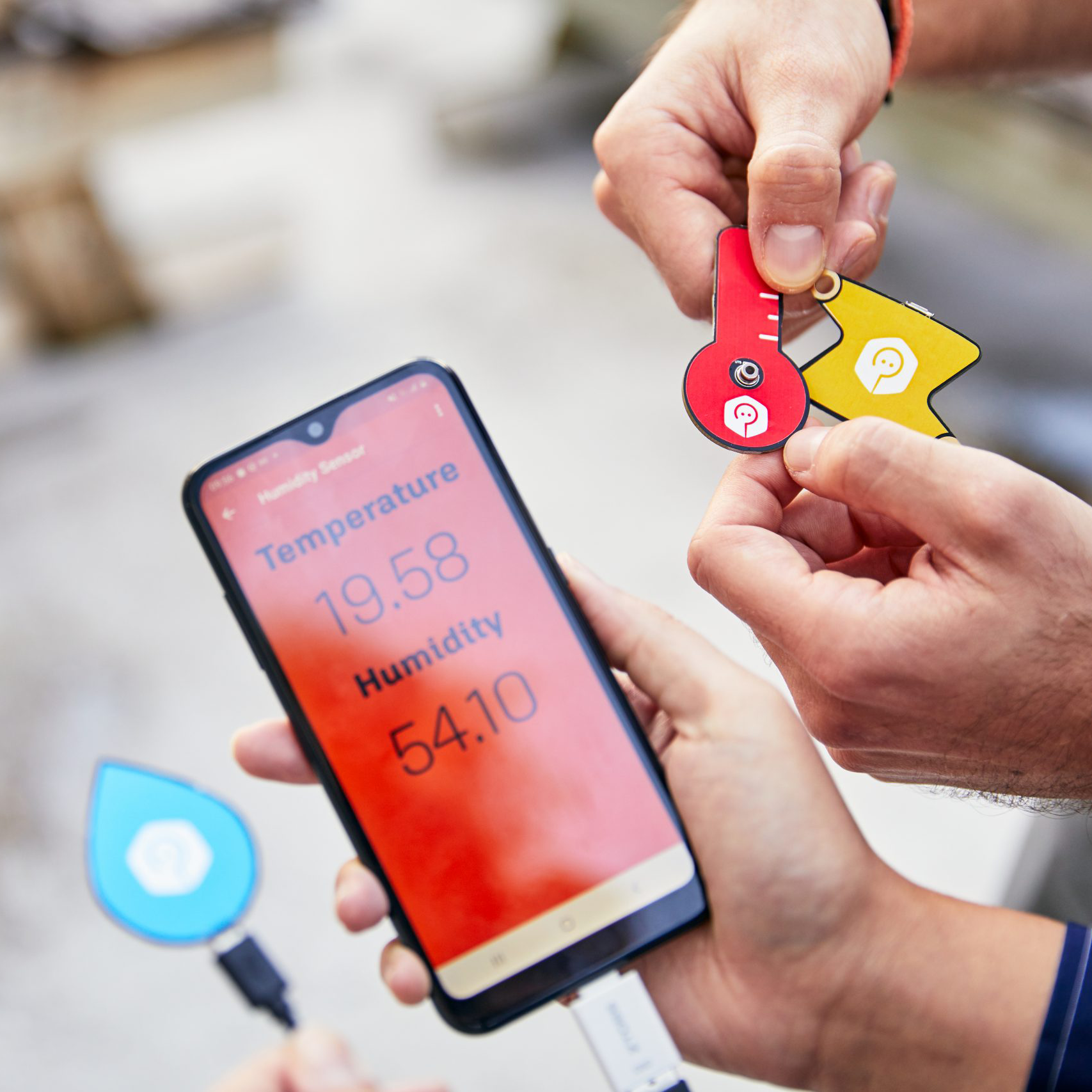Kiwrious

A Nationwide Technology-Driven STEM Education Initiative Transforming Science Learning in New Zealand
Kiwrious was born to address a growing concern: young learners in New Zealand were becoming disconnected from engaging, impactful science education. Intermediate school years are important for shaping lifelong attitudes towards science. However, challenges in resources were hindering engaging, hands-on science experiences in classrooms. Kiwrious recognized this challenge as an opportunity to use technology to revitalize science education on a national scale.A commitment to interdisciplinary collaboration drove Kiwrious from the start, with strategic partnerships formed between the Auckland Bioengineering Institute, Faculty of Education and Social Work, and the New Zealand Ministry of Education. This ensured the project aligned with both technical excellence and evolving educational needs.
Kiwrious went beyond mere data collection. Six customized sensors were meticulously designed, allowing students to safely measure natural phenomena like UV light, water conductivity, air quality, temperature, proximity, acceleration, and sound levels. Seamless integration with computers and portable devices offers flexibility, while user-friendly web-based tools align with New Zealand's curriculum, making lessons engaging for both students and teachers.
Extensive field-testing in classrooms across the country yielded valuable insights. Quantitative and qualitative data on student engagement, ease of use, and the impact on learning outcomes highlighted Kiwrious's potential to transform science education. This real-world testing fueled iterative improvements in the technology, resources, and lesson alignment.
Kiwrious went from concept to nationwide impact with remarkable speed. Recognition came in the form of a prestigious Curious Minds grant from the New Zealand Ministry of Business, Innovation & Employment (MBIE), and a win in the Velocity University of Auckland Entrepreneurship programme $100K Challenge.
In May 2021, a major milestone was reached: 70 kits with 10,200 sensors were distributed to 35 schools nationwide, free of charge. This equitable approach ensures all students have access to cutting-edge science tools. Kiwrious continues to gather data, driving ongoing development. The project aims to empower the next generation of Kiwi scientists and innovators, shaping a brighter future for New Zealand and beyond.
- Software Engineering
- Hardware System Design
- Rapid Prototyping
- Machine Learning
- Project Management
- C
- C++
- C#
- Unity 3D
- Unreal Engine
- Android
- Python
- Java
- Kotlin
- Assembly
- HDL
- Embedded Linux
- Altium Designer
- LTspice
- Cadence OrCAD
- Adobe Illustrator
- Adobe Photoshop
- Adobe Premiere Pro
- Figma
Kiwrious
Website
Augmented Human Lab
Website
International Journal of Human–Computer Interaction
(IJHCI 2023)
PDF
ACM Australasian Computing Education Conference
(ACE 2022)
PDF